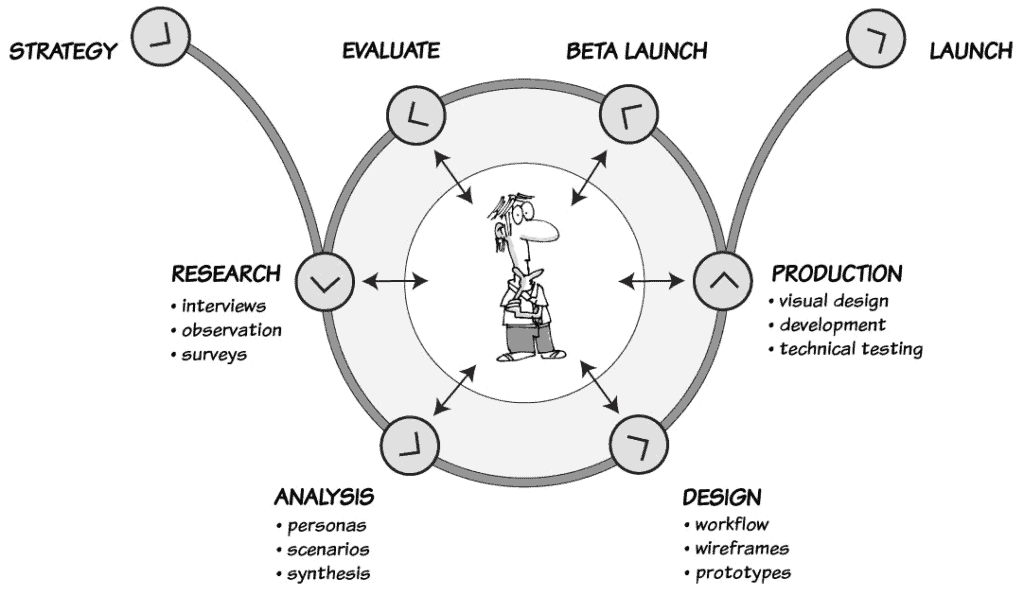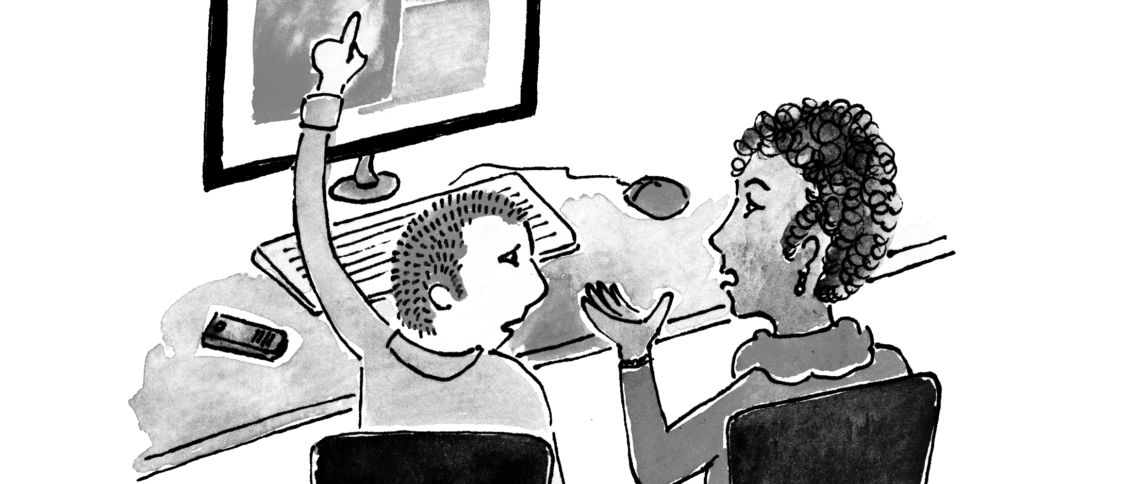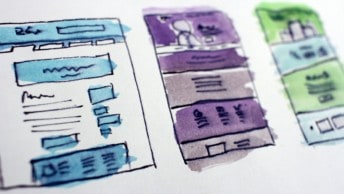Are you willing to admit to your mistakes on the job? It’s a complex dilemma when it comes to your UX career.
The history of product design shows countless examples of misguided decisions. Apple’s Newton produced in 1993 is the perfect example. The handheld personal assistant device was highly innovative and ahead of its time. So ahead of its time, in fact, that it couldn’t deliver on what it promised.
But what appeared to be a substantial failure at the time has clear links to the modern day smartphone, deftly illustrating how the concept grew and developed into something successful due to the acknowledgement of its failures.

In the UX industry, everyone is well aware that admitting to mistakes is the fastest way to improve. Once you understand your mistake, you can avoid making the same mistake again. However, on the other hand, a user experience designer is effectively a consultant, brought into a project to bring their knowledge and experience to provide the best possible solution to a problem.
So my initial question isn’t quite as straightforward anymore, is it. When push comes to shove, should you protect your reputation or offer complete transparency. I believe there is a middle ground between the two. But you’re going to have to use a bit of that special UXer’s intuition to find your balance.
Don’t let imposter syndrome trip you up
When starting out, every UXer probably knows all too well that old friend ‘imposter syndrome’ – feeling like you’re a fraud and just waiting for others to figure it out. Don’t worry, you’re not alone. I don’t think I’ve met anyone in this industry who didn’t feel the same when starting out.
People tend to have two different ways of coping with imposter syndrome. One is to feel very anxious about their decisions and need approval from others before going ahead. Personally, I’m still trying to knock this automated reaction out of me.
The other is to put on an air of overconfidence. It may not be intentional, but this can come off as arrogant if not kept in check. This is often just a way of covering up insecurities in front of others, but this isn’t the kind of person most people want to work with.
I’d like to suggest that next time you make a mistake, try and follow these three steps and see if they help ease the fallout.
Learn who to own up to
Before having an epic meltdown, schedule in a conversation with someone at your workplace that you trust. This might be your boss, a co-worker or someone who understands your role.
Have a conversation about your concerns and talk through the next steps. Often things seem worse than they are, but getting a second opinion helps to put things into perspective. By getting another honest opinion early on, you could save yourself sleepless nights worrying about something that turns out not to be as significant as you initially thought.
By having one person to confide in, you also confine your worries to one person. Your whole company doesn’t need to find out that you’re doubting yourself.
Always offer a solution
You are going to make mistakes, this is a fact. Especially in a UX role where there’s not always the budget to iterate testing and prototyping before coming to the ideal solution.
The only way you can learn from your mistakes is by offering up a solution. Try to dissect down the reasons things went wrong, and how you could fix the current problem or do it better next time.
A solution doesn’t mean you can get back the time and money spent on the mistake, but it does mean you will improve over time by knowing where you could change the process. Or think about it from your boss’s perspective: they’ll want to know you’ve made the error, but they’ll be even more interested in how you can fix it.
In fact, I’ve heard a lot of UX professionals say that when they hire someone new they always ask them to describe a mistake they have made in the past. This really illustrates how owning up shows maturity and growth.
Be confident in the decisions you make
I know I’ve just said a lot of things that may appear to contradict this thought, but let me explain why this is still an essential skill.
As a UXer, you must run through all possible scenarios before coming to a solution. I like to think that I am only ready to make a decision when I feel like at that moment, barring more testing and extensive research, I could not think of a better possible answer to the problem.

Be sure to do this because regardless of how short a turn around you were given, people will still question your result. If you had any worries along the way, others will have those worries too and it is important to learn how to back your decision.
If you have done your due diligence in weighing up all the options, then you should have absolute confidence that you chose the best option given all the information you had.If you’re new to UX, just remember – if you’re not making mistakes, you’re probably not learning. And how can you improve if you don’t learn? Keep these tips in mind so you strike the right balance and learn from your mistakes without compromising your standing in your job.
Have you ever made a huge mistake at work? How did you handle it? Let’s chat in the forums.





